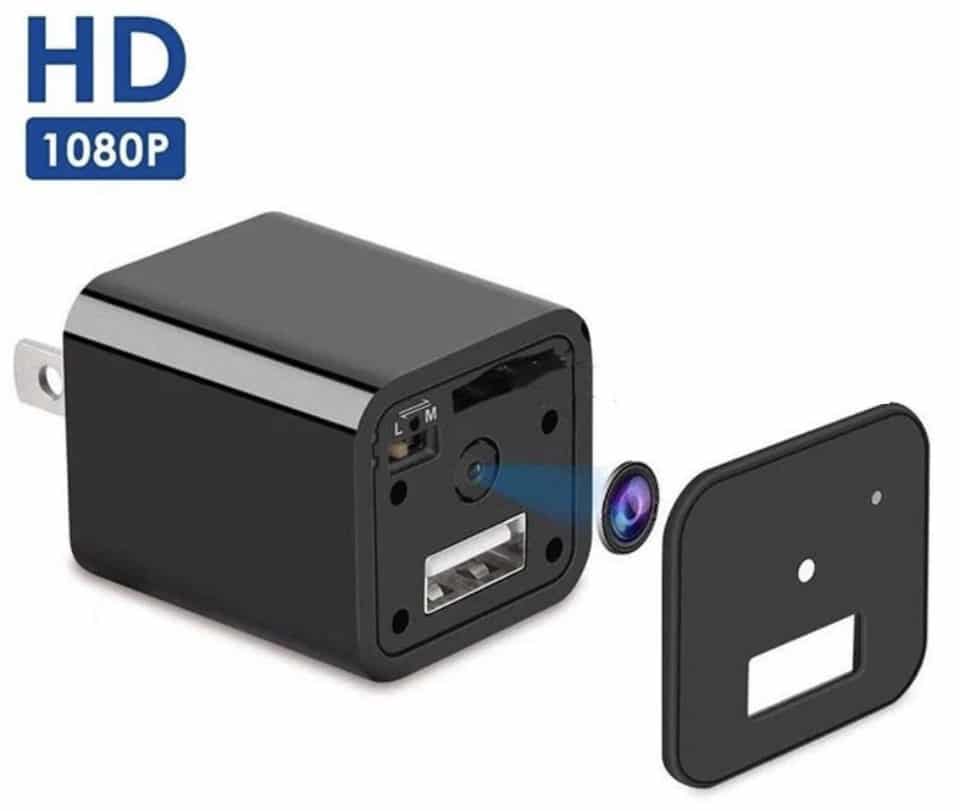A Case for Transparent Use
While the protective benefits of hidden cameras are evident in the Xuming Li case, the story also begs the question of whether or not there’s a better way to go about it. Could transparent use of surveillance cameras, for example, have served the same purpose without crossing ethical boundaries? Such a transparent system could still deter criminal activities while being respectful of individual privacy.
In an age where surveillance technology is more advanced than ever, issues surrounding privacy, security, and ethics have come to the forefront of societal discussions. A recent incident in 2023 involving Florida chemistry student Xuming Li and his neighbor Umar Abdullah is a glaring example of the complex ethical landscape surrounding hidden cameras. Umar Abdullah, concerned about his family’s safety, installed hidden cameras in his home that eventually led to the arrest of Li for injecting opioids into the family’s home environment. This incident sheds light on both the pros and cons of surveillance technology, especially hidden cameras.
The Positive Aspects: Safety and Security
The Xuming Li case underscores one of the primary advantages of having hidden cameras—capturing illegal activities that could endanger the safety and well-being of individuals and families. In this instance, Abdullah was able to gather enough evidence to prompt the arrest of Li, thus ensuring his family’s safety.
The mere presence of hidden cameras can serve as a deterrent to potential criminal activity. Even if the cameras are not readily visible, the knowledge that they may be in place can dissuade would-be criminals from acting on their impulses.
Capturing Criminal Activity
Deterrence
Ethical Considerations: The Fine Line Between Surveillance and Invasion
While hidden cameras serve a critical role in maintaining security, they also broach the question of consent. The individual being filmed generally has no idea that they are under surveillance, which leads to concerns about privacy invasion.
The misuse of hidden cameras for purposes such as blackmail, stalking, or voyeurism is an undeniable problem. The technology itself is neutral, but the intent behind its use can be malicious, and this can result in gross violations of individual privacy.
Consent
Misuse
Legal Implications
It’s worth noting that the legality of hidden camera usage varies by jurisdiction. In some cases, it’s legal to install hidden cameras in one’s home, but it’s illegal to film in spaces where individuals have a reasonable expectation of privacy, like bathrooms or bedrooms. Before installing such surveillance systems, it’s crucial to consult local laws to understand the legal ramifications involved.
A Case for Transparent Use
While the protective benefits of hidden cameras are evident in the Xuming Li case, the story also begs the question of whether or not there’s a better way to go about it. Could transparent use of surveillance cameras, for example, have served the same purpose without crossing ethical boundaries? Such a transparent system could still deter criminal activities while being respectful of individual privacy.
The 2023 incident involving Xuming Li and Umar Abdullah is a cautionary tale about the intricacies of surveillance in modern society. While hidden cameras can be vital tools for ensuring safety and security, their use also brings up essential questions about privacy, ethics, and legality that we, as a society, must address. As surveillance technology continues to evolve, so too must our understanding and regulation of its ethical implications.
Conclusion

